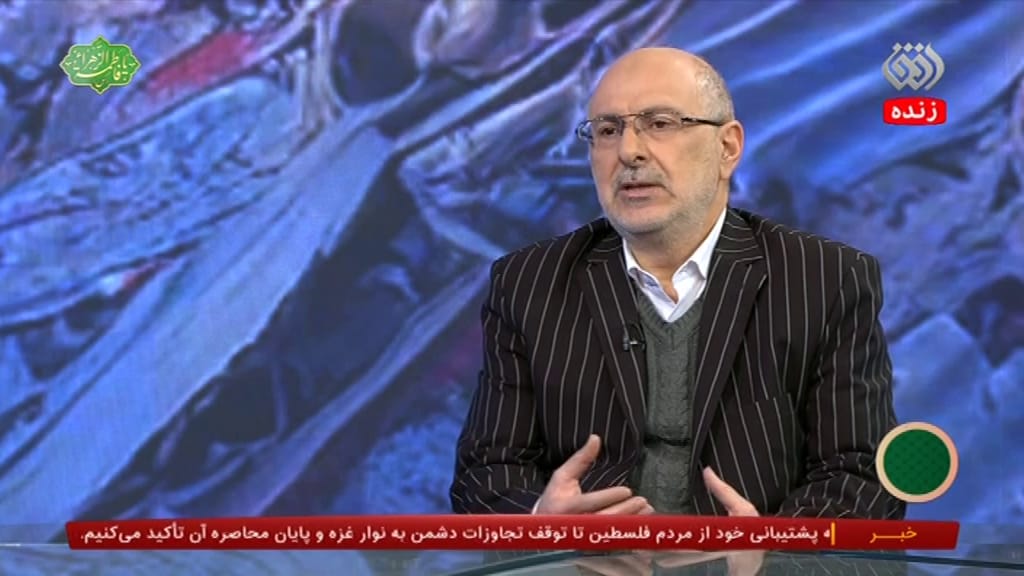
In a TV interview, Jordanian researcher Dr. Emad Hatabah defended secularism, saying that religion should have nothing to do with the state. The ruler cannot legislate laws on the basis of his personal religious convictions, said Hatabah, adding: "Secularism means that we should look to the future, and we shouldn't let them drag us back to Christ, to Adam, or to Muhammad, in our daily lives, in our politics, in our state issues, in science, and so on." The interview aired on the Jordanian ANB TV channel on October 28.
Emad Hatabah: Al-Qaeda does not represent Islam. Saudi Arabia does not represent Islam. ISIS does not represent Islam. The Muslim Brotherhood does not represent Islam. I don't know who does represent Islam. Perhaps the Communist Party represents Islam. It's the only one left.
[…]
Secularism says that religion has nothing to do with the state.
Other panelist: That's heresy. Heresy is also a religion.
Emad Hatabah: Sir, heresy is not a religion, and what you are saying has nothing to do with thinking or science.
Other panelist: Is Buddhism a religion, or isn't it?
Emad Hatabah: Buddhism is a religion. It's not secular. Secularism contends that a state cannot be Buddhist, Islamic, Jewish, or Christian. A ruler may be a Christian or a Muslim, a believer or an atheist, but he cannot treat the citizens or legislate laws on the basis of his personal religious convictions.
[…]
Secularism talks about the world from the perspective of the future. If we want to take our place in this world, we should look to the future, to its achievements, to science, and to everything that is happening in it. Our nation cannot develop as long as I am expected to look back at [Caliph] Omar Ibn Abd Al-Aziz, who ruled for two years only. Perhaps if he had ruled for 40 years, all those books wouldn't have been written about him. He ruled for two years, and then they killed him... Other panelist: They didn't kill him. He died of natural causes.
Emad Hatabah: They poisoned him...
Other panelist: No, he died of natural causes.
Emad Hatabah: Secularism means that we should look to the future, and we shouldn't let them drag us back to Christ, to Adam, or to Muhammad, in our daily lives, in our politics, in our state issues, in science, and so on. If you want to pray, fast, or get married, that's your own business. The state belongs to all its people, of all religions - not to Muslims only or Christians only.
[...]














